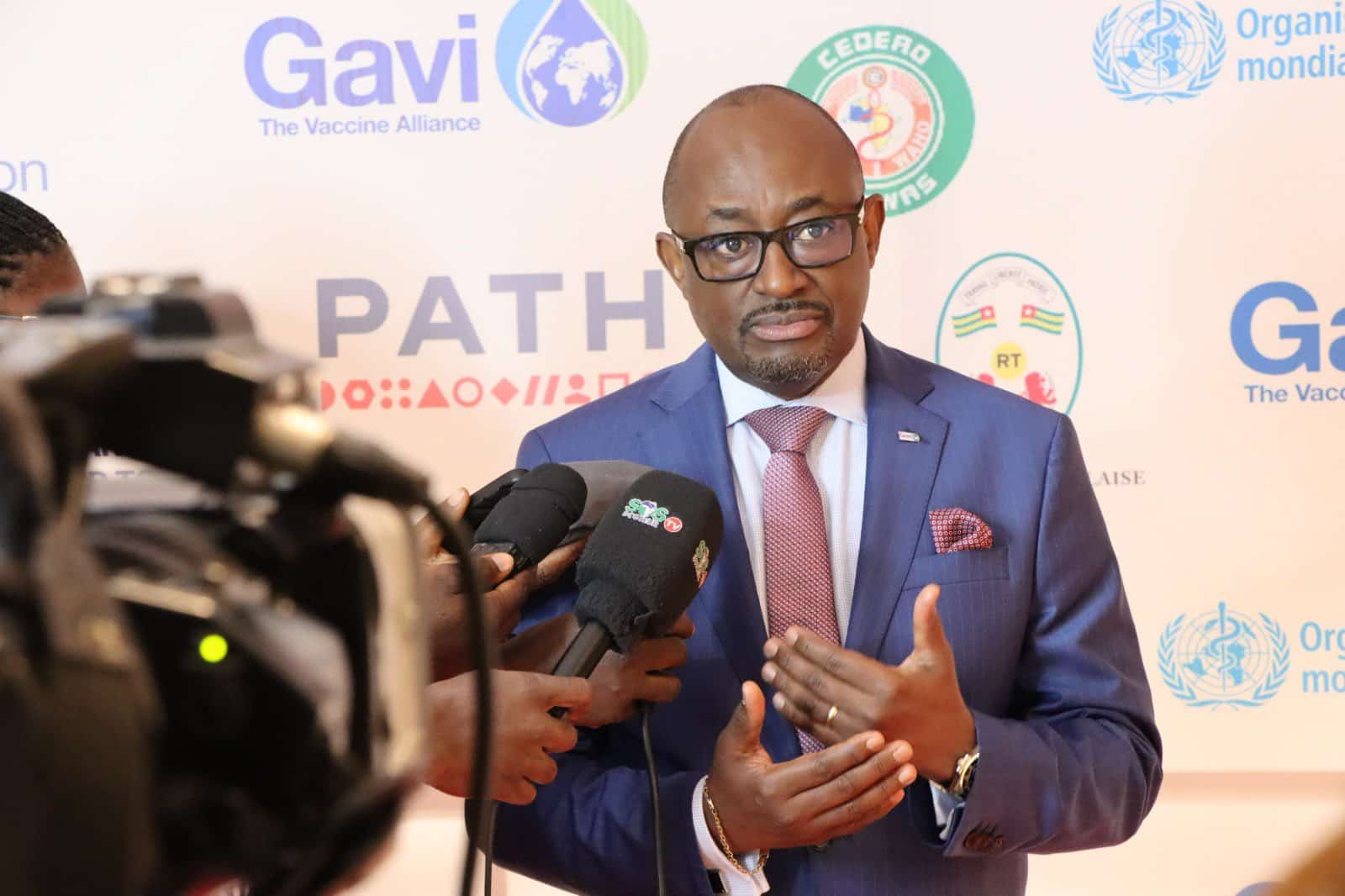Few people could have anticipated the scope of the Covid-19 pandemic and its dire effects on health systems and beyond throughout the world. Fewer people even could have predicted how Covid-19 would change our perception of health sovereignty.
This pandemic was a sober reminder of how Africa is vulnerable to large-scale public health crises due to its heavy reliance on external sources for critical medical supplies, including vaccines.
As we look toward the future, it is imperative that Africa takes decisive steps to bolster its local vaccine manufacturing capacity and invest in creating a robust pharmaceutical business ecosystem capable of meeting its needs.
It is not only a health priority but a strategic necessity for the continent’s sovereignty and self-sufficiency.
Where do we stand? And what should we do?
Loading...
Currently, Africa imports more than 99% of its vaccines for its more than 1 billion citizens, relying heavily on global supply chains. At the height of the Covid-19 pandemic, Africans faced severe delays in accessing life-saving countermeasures. This shortage highlighted Africa’s imperative for the scaling up of local manufacturing capabilities.
Despite initiatives like the COVAX facility coordinated by GAVI, the Vaccine Alliance, with the support of key partners like CEPI, WHO, and UNICEF, global procurement, and delivery of vaccines in Africa was an uphill battle.
I was the Deputy Global Coordinator for Covid-19 Vaccine Delivery Partnership and led the COVAX Facility delivery team. This first-hand experience has shaped my outlook on what I think should be done differently to build healthier African healthcare delivery systems.
We should build a local vaccine manufacturing ecosystem (and for other medical products as well) in a holistic manner by fostering partnerships between governments, private sectors, and international organizations. Taking into consideration all the issues we are facing currently, our efforts should go toward a dedicated approach to strengthening the required infrastructure and important investment, and developing robust regulatory bodies to ensure the safety and efficacy of locally-produced vaccines. Thus, we would ensure the appropriate training and retention of a skilled workforce including collaboration with educational institutions to develop relevant training programs.
Already, countries like Rwanda, Senegal and South Africa are making great strides in this direction. For instance, Rwanda is setting up a manufacturing plant together with the German company BioNTech, which will focus on the production of mRNA vaccines and other medical products.
Similarly, Senegal’s Institut Pasteur de Dakar will become a key player in vaccine production with recent investments; it is set to expand its manufacturing capacity significantly.
In addition, there is a strong need to attract financial investment to ramp up existing production volumes and R&D for African pharma industries. Public-private partnerships will be key to achieving this; vaccines and medical products in general should be considered public goods requiring public investments on the same level as roads or bridges.
International financial institutions and foreign pharmaceutical firms must play their part in supporting these initiatives and tap into this emerging market.
What’s next for African health?
As a candidate for the position of Regional Director of WHO in the African Region, my vision for the future of the vaccine manufacturing industry in Africa is clear. As a continent we must become self-reliant and capable of meeting our own needs, and in time even becoming a global supplier of quality medical products. We can no longer afford to wait to be saved, Africans must do the needful for ourselves.
Local vaccine manufacturing is pivotal for Africa’s health security, economic growth, and equitable access to vaccines. In a very dynamic and promising continent like Africa, where 70% of the population are under 30 years old, health should be at the forefront of all development efforts. It should also be at the center of our efforts in reaching the Sustainable Development Goals (SDGs).
I will make it my priority, should I be appointed, to speak for all Africans at the WHO working right away on advocacy and developing country-tailored programs. Boosting the local manufacture of vaccines and other medical products will be one of my priorities with the aim to improve our self-reliance but also boosting our economies and creating jobs for our youths.
The journey to self-sufficiency will be long and challenging. However, by leveraging the lessons learned from previous pandemics and investing in African-made pharmaceutical solutions, we can build better healthcare for better lives, here in Africa.
Loading...
